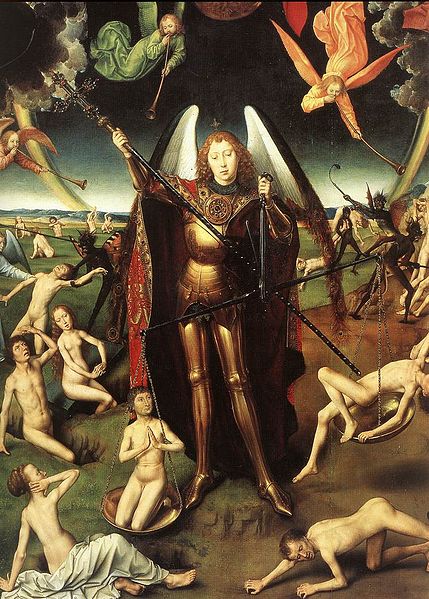The White Horseman
The White Horseman (Rev. 19)
After an exhausting, eventful life, the wish to finally find rest is perhaps as old as humanity. The most common expression of it can be found in our cemeteries. Time and again we see the words chiseled into headstones: “Rest in Peace,” or even “Here Rests…” As if all is past—no more troubles, sorrow, tears. Is it really that simple? Or is this wishful thinking?
One day Rudolf Steiner was walking in a cemetery with a friend. As he was reading the constantly repeated words on the headstones, his commentary was: “First of all he is not here; second of all he is not resting.” In other words, the deceased evidently are having a very different life than we imagine or wish.
The Book of Revelation of John helps us to get to know the sobering reality of the spiritual world. Instead of finding comfortable rest or an eternal paradise we are confronted with a world of crisis and battle—just like the world we have daily around us and which we would rather not see.
The word of the white horseman is as a sword that strikes humanity and causes separation. With the staff of iron He reigns as shepherd and warrior at the same time. Christ is more than the gentle shepherd of a flock of sheep, the way He is so often represented in tradition. He is the shepherd who leads humanity to the moment when we are irrevocably confronted with ourselves and the consequences of our deeds. He is the shepherd who wants to wake us up: do not fall asleep with the promises of false prophets who delude us with hopes of an earthly paradise or eternal peace.
Wake up to Him who will gather the harvest of the Earth. We—humanity—we are the harvest. The harvest is His alone.
–Rev. Bastiaan Baan, October 25, 2020.

